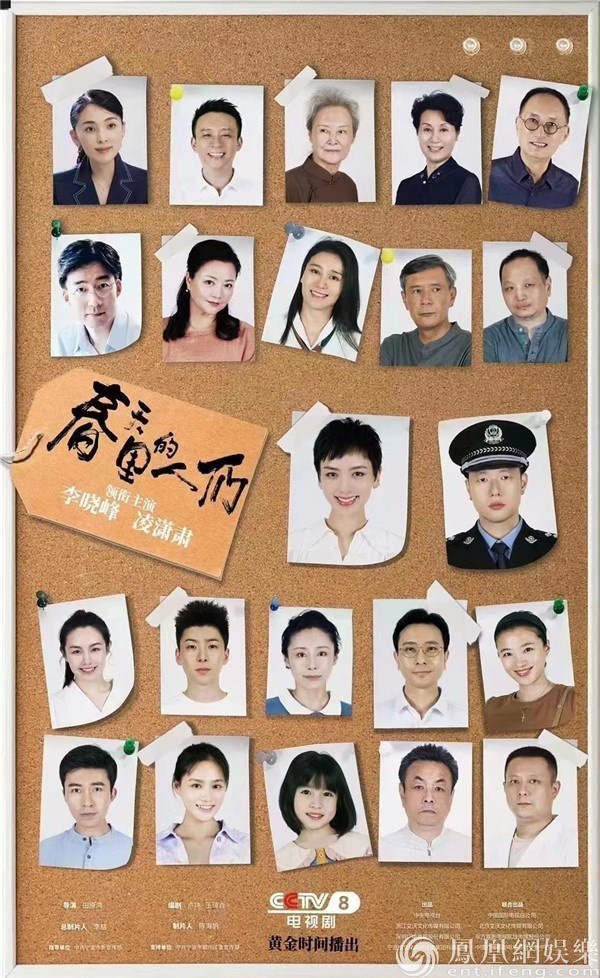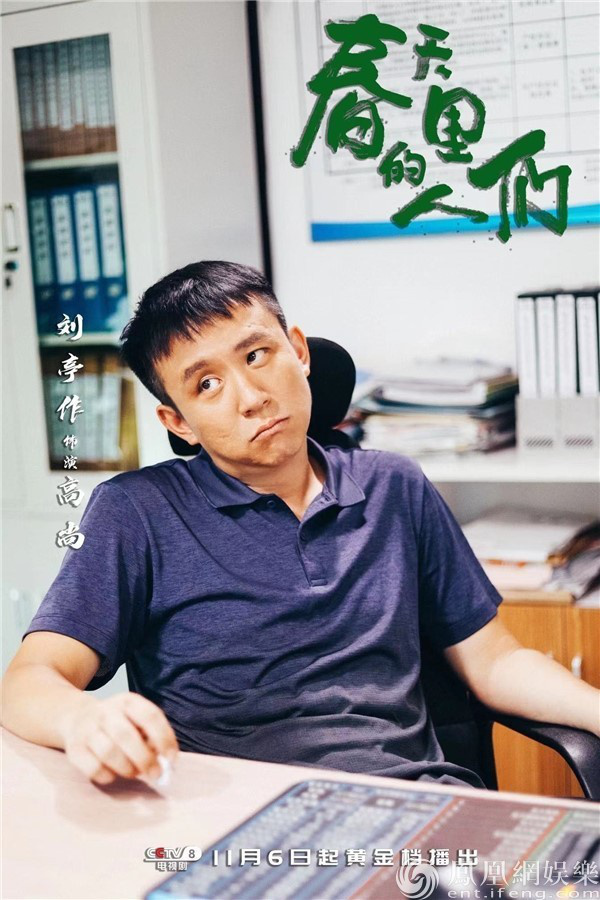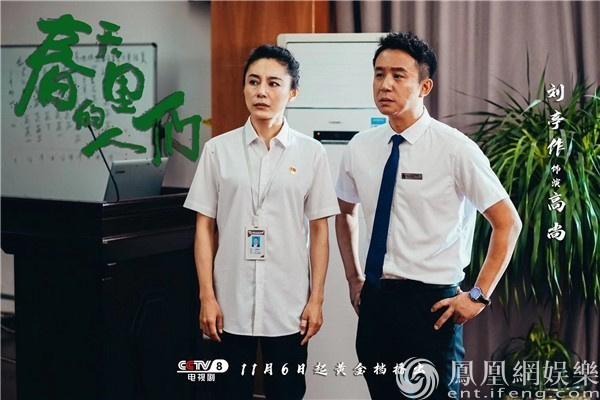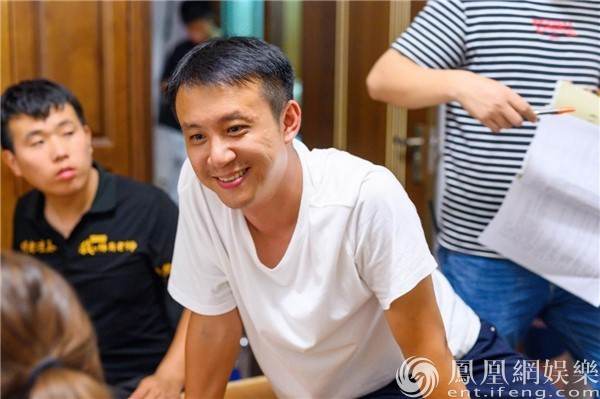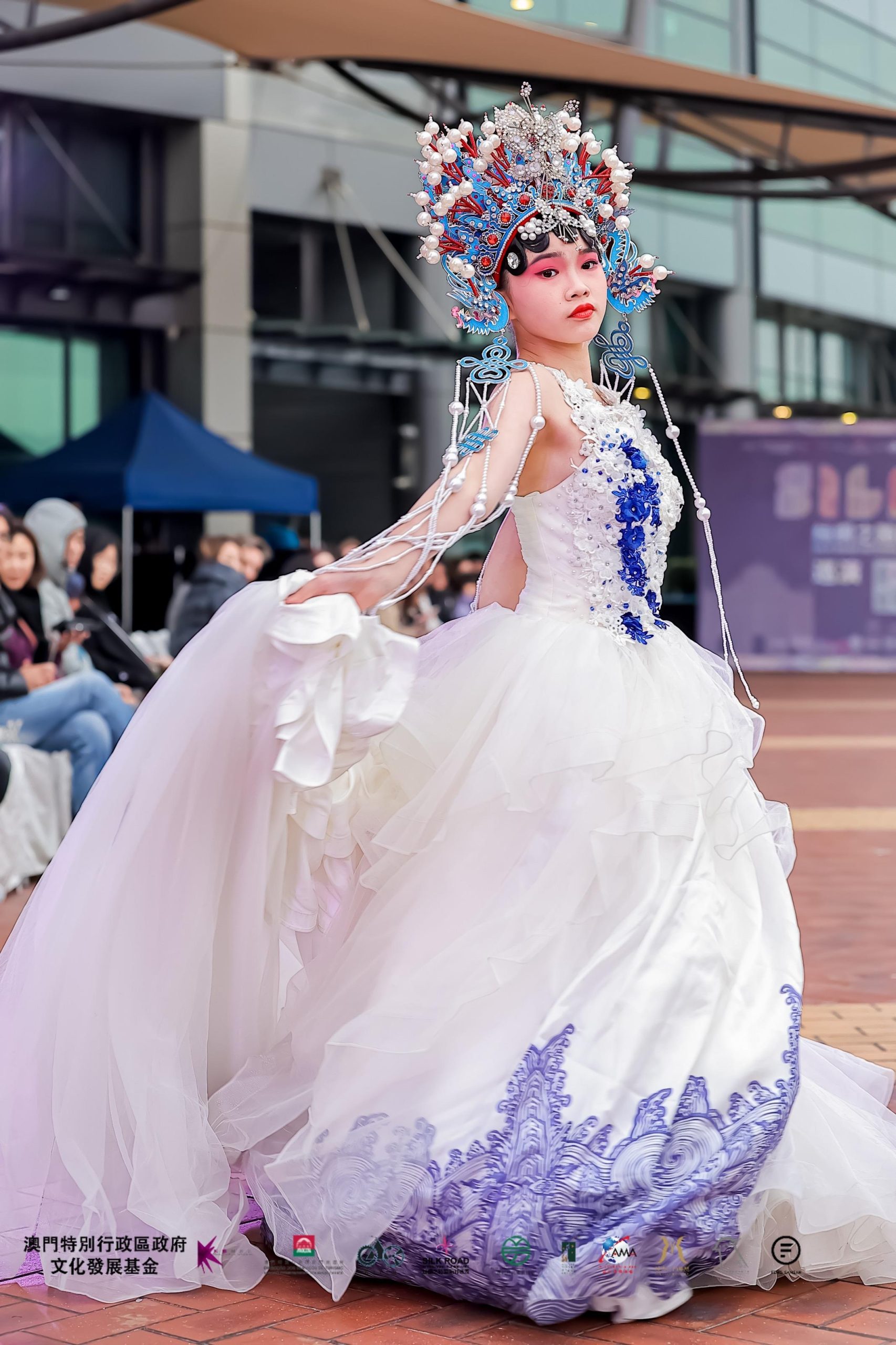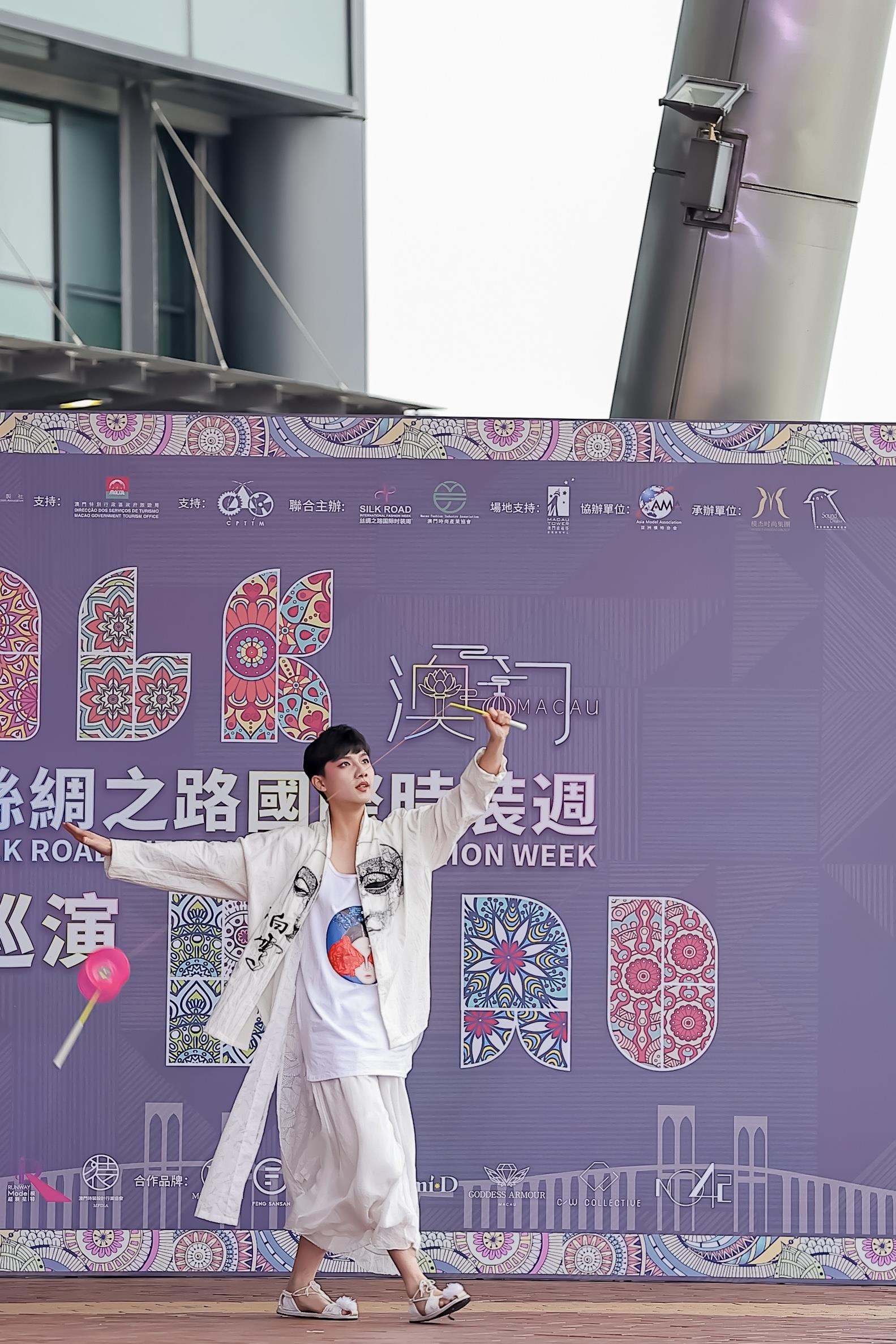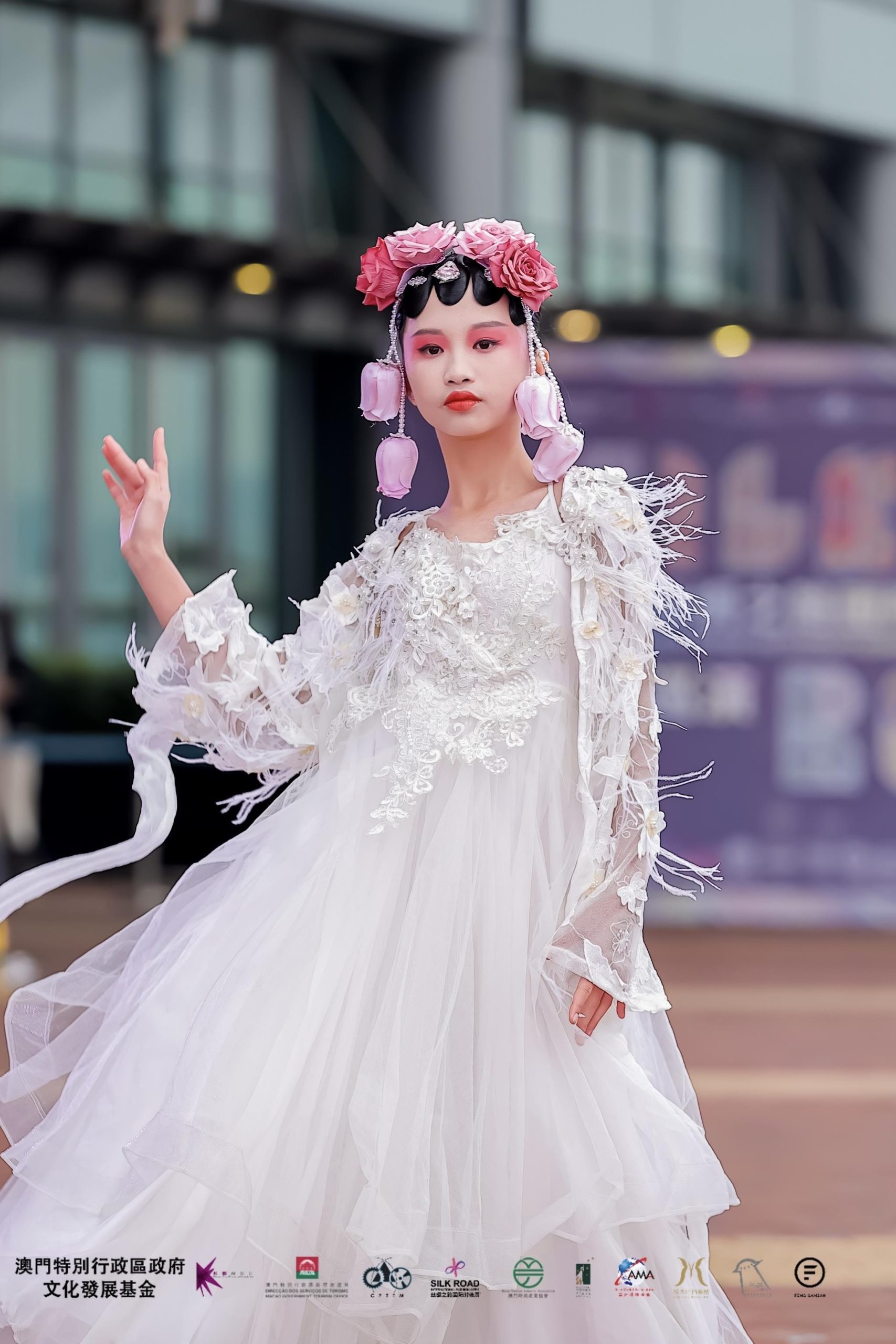On November 18th, 2023, the symposium on "China before and after the Great Revolution" was held in Baoshan Campus of Shanghai University. This seminar was hosted by the Department of History, College of Literature, Shanghai University, and hosted by the Center for Religious and China Social Studies, Shanghai University. Nearly 20 scholars from Fudan University, East China Normal University, Zhejiang University, Shandong University, China Academy of Social Sciences, Shanghai Academy of Social Sciences, Chongqing University, Shanghai University, Nanjing Normal University and other units attended the meeting and spoke. More than 10 master’s and doctoral students attended the meeting. With the theme of the National Revolution in the 1920s, the conference focused on China’s political situation and psychology, the evolution of China’s political culture, the encounter and fate of characters, and China’s belief world and its evolution. The agenda includes three parts: the opening ceremony, four discussions and the summary of the meeting. The participating scholars came from many research fields, such as the history of the Republic of China, the history of the revolution and the history of the Communist Party of China. They shared the latest thoughts on the Great Revolution from different perspectives and exchanged and discussed related issues.
The opening ceremony was officially held at 9: 00 am on November 18th. Associate Professor Yang Xiongwei from the Department of History, College of Literature, Shanghai University, as the initiator of the meeting, thanked all the scholars who came to Shanghai University, and briefly introduced the origin and academic significance of convening this meeting. Wang Hao, director of the Center for Religious and China Social Studies of Shanghai University, gave a welcome speech, introduced the historical origin and current situation of the Center for Religious and China Social Studies, and wished the conference a complete success.
The first meeting was presided over by Associate Professor Feng Xiao from School of Marxism, Shanghai University. There were four speakers and four commentators.
Xu Jin, a professor in the history department of Shandong University, re-examined the political ecology of Guangzhou on the eve of the Northern Expedition from the perspective of suspicion. He believes that the political situation in Guangdong surged from 1925 to 1926, and one of the important clues was the atmosphere of suspicion everywhere. Suspicion is caused by the rapid change of power relations in Guangdong, which in turn intensifies the political turmoil. Coupled with the rumors created by public opinion, the political situation in Guangdong during this period was full of suspicions and contradictions. Professor Li Fangchun from the Institute of Advanced Studies in Humanities and Social Sciences of Chongqing University commented on this paper. He thinks that the existing rumor research mostly emphasizes the social level, and this paper pays attention to the political meaning, so we should think about how to strengthen the dialogue with the existing research. In addition, historical research emphasizes that returning to the historical scene requires distinguishing and discriminating the terms of all parties at that time. Professor Li Fangchun gave a report on "Qu Qiubai on Gentry and Modern Social Changes in China during the Great Revolution". From the perspective of sociology, he discussed the formation process of "gentry" in Qu Qiubai’s eyes, and thought that Qu Qiubai’s pioneering discussion on the problem of China gentry during the National Revolution represented the most systematic and in-depth theoretical understanding at that time. Yang Xiongwei, an associate professor, commented on the report, arguing that the article needs to further explore the changes in Qu Qiubai’s cognition and make it clear whether it is just words spoken in different fields, and the process of "gentrification" in this foreign language needs to be further elaborated and sorted out.
Professor Liu Changlin from the Department of History of Shanghai University gave an academic report entitled "From Utopia to Realism —— The Process of China’s Early Communists Accepting Marxism". He put the thoughts and practices of Chen Duxiu, Li Dazhao, Mao Zedong and Hui Daiying into the grand historical narrative at that time, sorted out the process of the Communist Party of China (CPC) people choosing Marxism among many social transformation ideas, and pointed out that their understanding of Marxism had experienced a long period of "gradual enlightenment". Xu Tao, a researcher at the Institute of History, Shanghai Academy of Social Sciences, commented on the report. He thought that the article was broad in vision and rich in materials, which was helpful for a clearer understanding of the course of Marxism’s introduction into China. At the same time, it also discusses some expressions in the article, and thinks that the ideological changes at that time were violent and rapid, and "gradual enlightenment" may not be in line with the context. Professor Zeng Yaorong of Marxism College of Hunan University of Humanities and Science then discussed the differences and consensus between the Central Committee of the Communist Party of China and Comintern in revolutionary strategy before and after the Great Revolution from the comparative perspective of Comintern Executive Committee and the Central Committee of the Communist Party of China, with the title "Consensus and Differences —— Comintern Executive Committee and the Central Committee of the Communist Party of China’s Choice of Revolutionary Strategy in China", and pointed out that the two experienced the transition from consensus to disagreement, and then from disagreement to consensus. Professor Liu Changlin thinks that the problem consciousness and methods in this article are based on a comparative perspective, and the CPC, as a branch of the Communist International at that time, needs to clearly point out its different opinions in this article.
The discussion in the second meeting was presided over by Professor Liu Changlin from the History Department of Shanghai University. There were four speakers and four commentators.
Xu Tao, a researcher at the Institute of History of Shanghai Academy of Social Sciences, gave a report on Sun Yat-sen and Hu Shi before and after the Chen Jiongming mutiny. He pointed out that at present, academic circles mostly interpret the mutiny in Chen Jiongming from a military perspective, lacking attention to the field of public opinion. During this period, Hu Shi took the initiative to stand on the opposite side of Sun Yat-sen, reflecting the struggle for the right to speak outside the battlefield. From the relationship between the two, the research perspective can be transferred to Beijing. Yang Xiongwei, an associate professor, commented on this. He took Sun Yat-sen and Chen Duxiu mentioned by Hu Shi in Miscellaneous Notes in the Mountains and Qu Qiubai as an example, supplemented by a letter from Jin Jiafeng to Hu Shi after Sun Yat-sen’s death, and pointed out that we can re-pay attention to the complexity of political relations from the perspective of interpersonal relationships. Zhang Yangliang, an associate professor at the School of Marxism of East China Normal University, focuses on Wang Jingwei’s efforts to unite the Kuomintang and the Communist Party in the national revolutionary camp in 1927, and points out that the Joint Declaration jointly issued by Chen Duxiu and Wang Jingwei on April 5, 1927 was an important measure for the Kuomintang and the Communist Party to ease the tension between the two parties, but in terms of practical results, the Joint Declaration not only failed to eliminate the Kuomintang and the Communist Party. Li Li, an associate professor at the Institute of Socialist History and Literature of East China Normal University, commented. He pointed out that the analysis of Wang Jingwei’s mentality involved the interpretation of various materials, and suggested that the text nature of the Joint Declaration should be explained.
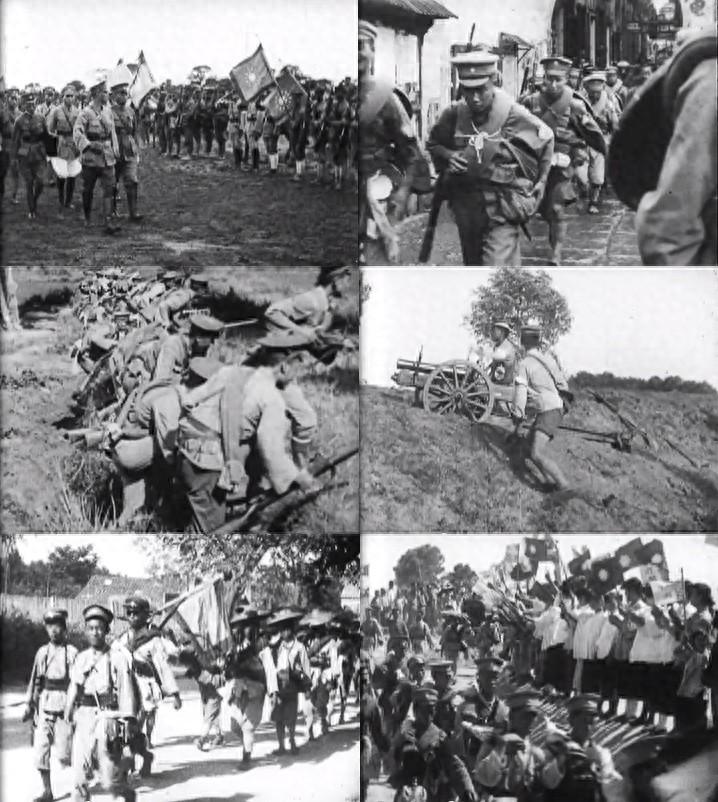
National Revolutionary Army Northern Expedition
Han Shu, an associate professor in the history department of Shanghai University, shared the topic of "Research on the Case-filing of Private Universities in the Late Period of Beijing Government Rule". He investigated the filing of private universities from 1922 to 1928 by sorting out and interpreting the original files of 24 private universities in the later period of Beijing government collected by Taipei National History Museum. Feng Xiao emphasized the relationship between the prosperity of modern universities and government funding in his comments. Huang Fu, a postdoctoral fellow at China Frontier Research Institute of China Academy of Social Sciences, gave a speech entitled "Center-Edge Evolution of Frontier Military and China Revolution —— An Investigation Centered on the Troops stationed in Guangdong and Yunnan (1922-1925)", focusing on the "Edge-Center" evolution of the status of the troops stationed in Guangdong and Yunnan before and after the Great Revolution. Its rise and fall process not only showed the power game and political choice of the frontier military forces in the political vortex of China, but also reflected the frontier military forces. Zeng Yaorong commented on Huang Fu’s research. He pointed out that the Yunnan army once held the banner of righteousness for the first time in the movement to protect the country. It is necessary to think about whether the Yunnan army also has a revolutionary tradition. The term "passive revolution" in the article may be inappropriate, and then suggested that the first part of the article should be discussed from the perspective of "revolutionary ideal and living reality".
The discussion in the third meeting was presided over by Associate Professor Han Shu from the History Department of Shanghai University. There were six speakers and six commentators.
Li Li, an associate professor at the Institute of Socialist History and Literature of East China Normal University, gave an academic report on the topic of "Distribution of Street Publicity Materials of the Underground Party of the Communist Party of China". He pointed out that the distribution of street publicity materials has always been an important way of revolutionary propaganda of the Communist Party of China, requiring party organizations at all levels to formulate and distribute street publicity materials according to organizational processes, requiring all employees to participate, which shows that they attach great importance to the distribution of street publicity materials. Commentator Zhang Yangliang affirmed the novelty of this article and put forward some suggestions. He thought that the concept of street publicity materials and the research area and time period should be defined more clearly, and historical materials can be added to reflect the variability of publicity effects and methods.
Li Fubo, a master student of China Modern History Department of Huazhong Normal University, gave a report on the topic "Public Opinion, People’s Heart and Politics —— An Analysis of Guo Songling’s Anti-Feng Incident", pointing out the complicated political public opinion background in Guo Songling’s Anti-Feng Incident in 1925. After the incident, all public opinions participated in the discussion, publicity and shaping of Guo Songling’s Anti-Feng Incident as an important resource to win people’s hearts and influence current affairs. Fei Xingjian, a doctoral student in the School of Social Development of Nanjing Normal University, commented that the time line of the article is very clear about the war situation and the change of public opinion, but the definition of the concept of public opinion is not very accurate, and the use of some materials is a little far-fetched. In addition, the concept of "human heart" can be studied from a more macro perspective. Later, Fei Xingjian gave an academic speech entitled "Armed Action Directed by Dressed party member: Uprising in Southern Jiangsu from the Perspective of Party Organization Interaction", indicating that Party organizations at different levels, such as the Central Committee, the Provincial Party Committee, the Special Committee and the County Party Committee, had different understandings and cognitions about the uprisings in Jiangsu due to their different positions and their own considerations, and thought that the uprisings in southern Jiangsu could not be simply attributed to "putschism". Professor Wang Caiyou from the History Department of Hangzhou Normal University commented on Fei Xingjian’s research, and thought that the article should focus on the particularity of Jiangsu to distinguish it from riots in other regions. In addition, the time line of the article should be further clarified to maintain the consistency of the content. Professor Zeng Yaorong suggested that we should first clarify the specific attitudes and instructions of the Comintern and the Central Committee of the Communist Party of China at this time, so as to provide reference for examining the riots in southern Jiangsu.
Xu Chang, a Ph.D. student in history department of Fudan University, reported on the topic "Seeking a breakthrough through temptation-the daily contact between Soviet Ambassador to China Karakhan and the ministers of the great powers". He took Karakhan, the first Soviet ambassador to China after the establishment of diplomatic relations between China and the Soviet Union in 1924, as the research object, and revealed the game of great powers implied in the daily contact and interaction between Soviet Ambassador Karakhan and the ministers of the great powers by combing Karakhan’s own communication collection and related diplomatic archives in Chinese and English. Huang Fu commented on Xu Chang’s research. He thought that the topic of this article was novel, but there were still some shortcomings. For example, the concept of "daily contact" in the title should be explained more clearly. Secondly, the types of historical materials in the article were relatively single, so the British diplomatic archives could be appropriately increased. In addition, the article can briefly explain the internal relations and contradictions of the minister group.
Dr. Yang Yang, a lecturer at the School of Marxism of Shanghai University, gave a report on the problem of the off-site movement of members of the Communist Party of China in the early days of the founding of the Communist Party of China and its organizational response. He pointed out that the frequent off-site movement of members of the Communist Party of China brought a number of problems to the development and organizational operation of political parties. There are three main reasons for this phenomenon: one is personal reasons, the other is the deployment of party organizations, and the third is the influence of political changes. the Central Committee of the Communist Party of China has taken a series of countermeasures to this problem, which provided experience for the Central Committee of the Communist Party of China to move to party member from major cities to Soviet areas in the future. Zheng Weiwei commented on Yang Yang’s speech and thought that the article needed a clear timeline and determined the research area. You can dig deep into the materials and try to make a case study.
The fourth meeting was chaired by Dr. Yang Yang, and there were five speakers and five commentators.
Professor Liao Dawei, Department of History, College of Literature, Shanghai University, wrote the article "Cooperation between the Kuomintang and the Communist Party and the Enrollment of Whampoa Military Academy in Shanghai", which studied the specific enrollment process of the Kuomintang and the Communist Party in Whampoa Military Academy after the Chen Jiongming mutiny in 1922, revealed their respective roles in the enrollment of Whampoa Military Academy in Shanghai, and also discussed the development and effect of the early youth movement of the Communist Party of China. Commentator Han Shu suggested that the problem consciousness could be further clarified. Instead of talking about "cooperation between the Kuomintang and the Communist Party" in general, it is better to highlight the theme and emphasize the "competition" factors surrounding enrollment. Professor Wang Caiyou from the History Department of Hangzhou Normal University gave a report on the evolution of Kuomintang factions before and after the Great Revolution-centering on Chen Xihao. Taking Chen Xihao as a case, he sorted out the relationship between Chen Xihao and the Dingjia Party with the help of various files and biographical materials, and pointed out that Chen Xihao, who had long been regarded as a representative of the CC school, was also closely related to Ding Weifen, a Kuomintang veteran who was once defined as "leftist" by the Chinese Communist Party. This leftist career can provide us with different specific cases and perspectives for understanding the evolution of the Kuomintang factions. Commentator Xu Chang thinks that Wang Caiyou’s research is enlightening, reminding us to rethink the importance of geography, academic affinity and other factors for factional division under the traditional "left" and "right" factional disputes.
Feng Xiao made a report on "New Elite Education and the Development of Political Parties —— Based on the Investigation of Shanghai University from 1922 to 1927", and investigated the process of the Communist Party of China (CPC)’s cultivation of new political elites through Shanghai University, which had a profound impact on the development and growth of the Communist Party of China (CPC). Dr. Ding Yi, a lecturer at Marxist College of Zhejiang University, commented on Feng Xiao’s speech, pointing out that the concept of "new political elite education" in the article is vague and needs to be distinguished from the concepts of "political party elite" and "educational elite". Later, Ding Yi gave a report entitled "Learning Valve and Public Opinion Propaganda and Discourse Construction in the Educational Field in the 1920s". He pointed out that the meaning of "learning valve" changed from broad to clear in the historical context of 1920, and it became more and more negative, which reflected the complex and subtle connection between revolution and discourse in the educational field of 1920′ s. Li Fubo commented on Ding Yi’s report. He thought that the article should not only focus on collecting historical materials of "Xuefa" for discussion, but also mention other social images of the so-called "Xuefa" in the same period. Zhang Jialin, a master student in the Department of Modern History in China, Shanghai University, gave a lecture on "Local tyrants and evil gentry" or "counter-revolution" —— an analysis of the wanted event of Zhang Yan in 1927. He pointed out that the real reason for Zhang Yan’s wanted event was the "bad blood" between him and Mao Zuquan, which was the epitome of the interaction between the national government and local gentry. Yang Yang commented on Zhang Jialin’s article and thought that the title of the article failed to reflect the problem consciousness of the full text.The article should further explore the theme of the relationship between the Kuomintang and local gentry during the Great Revolution.
After the discussion of the four meetings, Associate Professor Yang Xiongwei presided over the meeting summary and speech session, and all the participating scholars delivered speeches in turn. Everyone agreed that the National Revolution in the 1920s profoundly changed the historical process of modern China, and this meeting was held at the right time. I believe that the discussion of the participating scholars will not only enhance their academic exchanges, but also inject more vitality into the study of the history of the Great Revolution.
